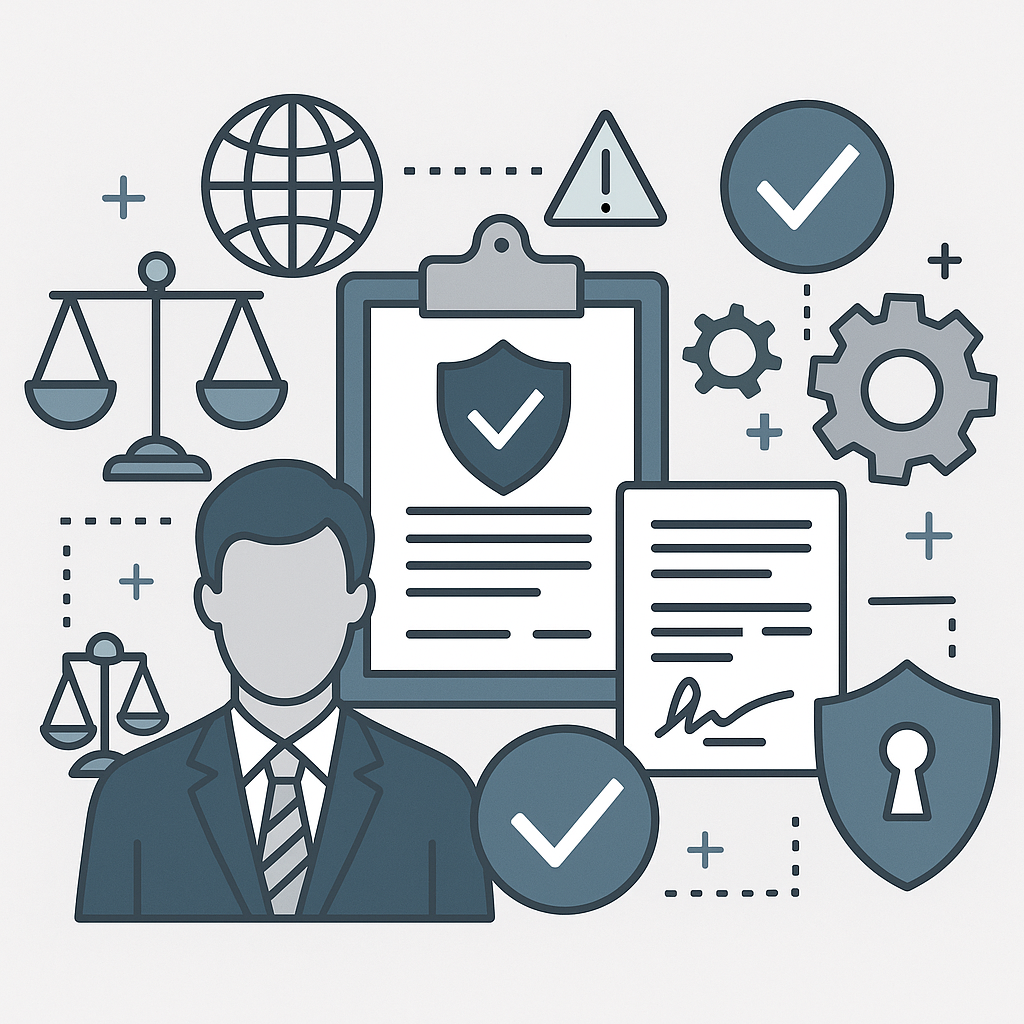Being accused of a crime can be a stressful and overwhelming experience. The actions taken in the immediate aftermath of an accusation can significantly impact the outcome of a case. Understanding common pitfalls and knowing how to navigate the legal system is crucial for anyone facing criminal charges. This article outlines ten critical mistakes to avoid when accused of a crime.

1. Talking to Law Enforcement Without Legal Representation
One of the most significant errors individuals make when accused of a crime is speaking to law enforcement without an attorney present. It’s essential to remember that anything said can be used as evidence in court. Even seemingly innocent statements can be misconstrued or taken out of context.
Law enforcement officers are trained to gather evidence, and anything you say can be used against you in court. In San Bernardino, California, for example, the local police department is known for its thorough investigations. If you find yourself accused of a crime in this area, it’s crucial to find a criminal defense attorney in San Bernardino before engaging in any discussions with law enforcement. An experienced lawyer can protect your rights and ensure you don’t inadvertently incriminate yourself.
To protect your rights, it’s crucial to politely but firmly assert your right to remain silent and request an attorney.
2. Discussing the Case with Anyone Other Than Your Attorney
Another common mistake is discussing the details of the case with friends, family, or acquaintances. While it may be tempting to seek support or advice from loved ones, these conversations are not protected by attorney-client privilege. This means anyone you speak to about the case could potentially be called as a witness against you.
It’s crucial to limit discussions about the case to conversations with your attorney. Your lawyer is bound by confidentiality rules and can provide the most accurate and helpful advice regarding your situation.
3. Ignoring the Severity of the Charges
Some individuals make the mistake of underestimating the seriousness of the charges against them. Even seemingly minor offenses can have significant consequences, including fines, probation, or even jail time. Additionally, a criminal record can have long-lasting effects on various aspects of life such as employment opportunities, housing options, and personal relationships.
It’s essential to take all criminal charges seriously and seek appropriate legal counsel, regardless of the perceived severity of the offense. An experienced attorney can help you understand the potential consequences and develop a strong defense strategy.
4. Attempting to Destroy or Hide Evidence
Destroying, altering, or concealing evidence is a serious offense that can lead to additional charges such as obstruction of justice. This includes deleting text messages, emails, or social media posts, and disposing of physical items relevant to the case.
It’s important to preserve all potential evidence and allow your attorney to review it. Your lawyer can help determine what information is relevant and how to handle it appropriately within the bounds of the law.

5. Violating Bond or Pretrial Release Conditions
If released on bond or under pretrial conditions, it’s crucial to strictly adhere to all terms set by the court. Violating these conditions can result in immediate arrest, revocation of release, and additional charges. Common violations include:
- Missing court dates
- Contacting individuals you’ve been ordered to avoid
- Traveling outside permitted areas
- Consuming alcohol or drugs if prohibited
- Failing to check in with a probation officer as required
Understanding and following all conditions of release is essential to maintaining your freedom and avoiding further legal complications.
6. Posting About the Case on Social Media
In today’s digital age, it’s common for people to share details of their lives on social media platforms. However, when facing criminal charges, it’s crucial to refrain from posting anything related to the case online. Prosecutors and law enforcement often monitor social media accounts for incriminating information.
Even seemingly innocent posts can be taken out of context or used to contradict statements made to law enforcement or in court. It’s best to avoid social media altogether or, at the very least, refrain from discussing anything related to the case or the events surrounding it.
7. Failing to Gather and Preserve Evidence
While it’s important not to tamper with evidence, it’s equally crucial to gather and preserve information that may be helpful to your defense. This can include documenting your whereabouts at the time of the alleged offense, collecting contact information for potential witnesses, preserving surveillance footage or other relevant recordings, and keeping records of any communication related to the case.
Your attorney can guide you on what evidence may be valuable and how to properly collect and preserve it without violating any laws.
Conclusion
Facing criminal charges requires meticulous navigation of the legal system. By avoiding these common mistakes, individuals accused of crimes can better protect their rights and improve their chances of a favorable outcome.



